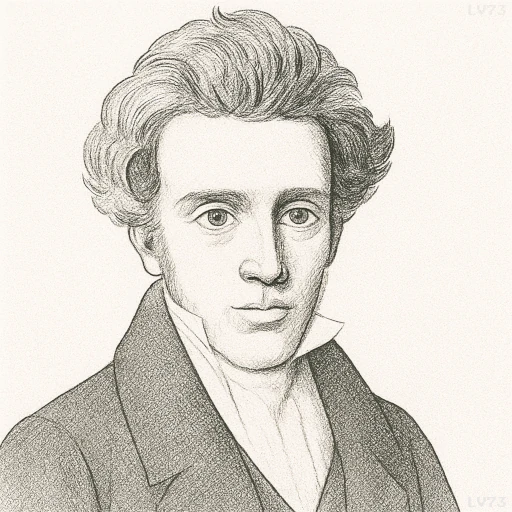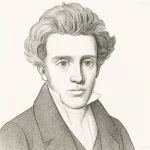“The more a man can forget, the greater the number of metamorphoses which his life can undergo; the more he can remember, the more divine his life becomes.”

- May 5, 1813 – November 11, 1855
- Danish
- Philosopher, Theologian, Poet, Father of Existentialism
table of contents
Quote
“The more a man can forget, the greater the number of metamorphoses which his life can undergo; the more he can remember, the more divine his life becomes.”
Explanation
This quote captures a central dialectic in Kierkegaard’s thought—between change and continuity, earthly transformation and divine constancy. To forget, in this context, means to shed past identities, failures, or attachments, thus enabling one to undergo multiple metamorphoses, or reinventions. Forgetfulness allows for psychological freedom and adaptability, essential for surviving life’s many transitions. Yet, to remember, especially in a deep, spiritual sense, is to preserve what is eternally meaningful, giving life coherence and sacred depth.
In Kierkegaard’s existential Christianity, forgetting often represents the human side of transformation—a necessary process in growth, repentance, or renewal. Meanwhile, remembering aligns with the divine, as it involves holding fast to truths that transcend time: love, faith, duty, God. A divine life is not one endlessly changing, but one deeply anchored in what matters most. The tension between forgetting and remembering reflects the human journey between freedom and fidelity.
Today, this quote resonates in how people confront change and identity. In modern culture, reinvention is often prized—leaving behind the past to begin anew. But Kierkegaard warns that meaning does not come from change alone. To live divinely is to remember one’s highest values, the moments of grace or suffering that shape the soul. Thus, the quote challenges us to both release what hinders growth, and retain what lifts life toward the eternal.
Would you like to share your impressions or related stories about this quote in the comments section?



